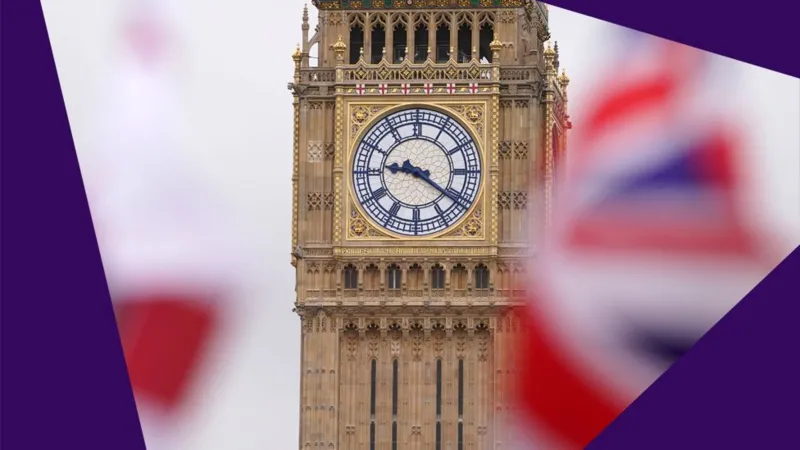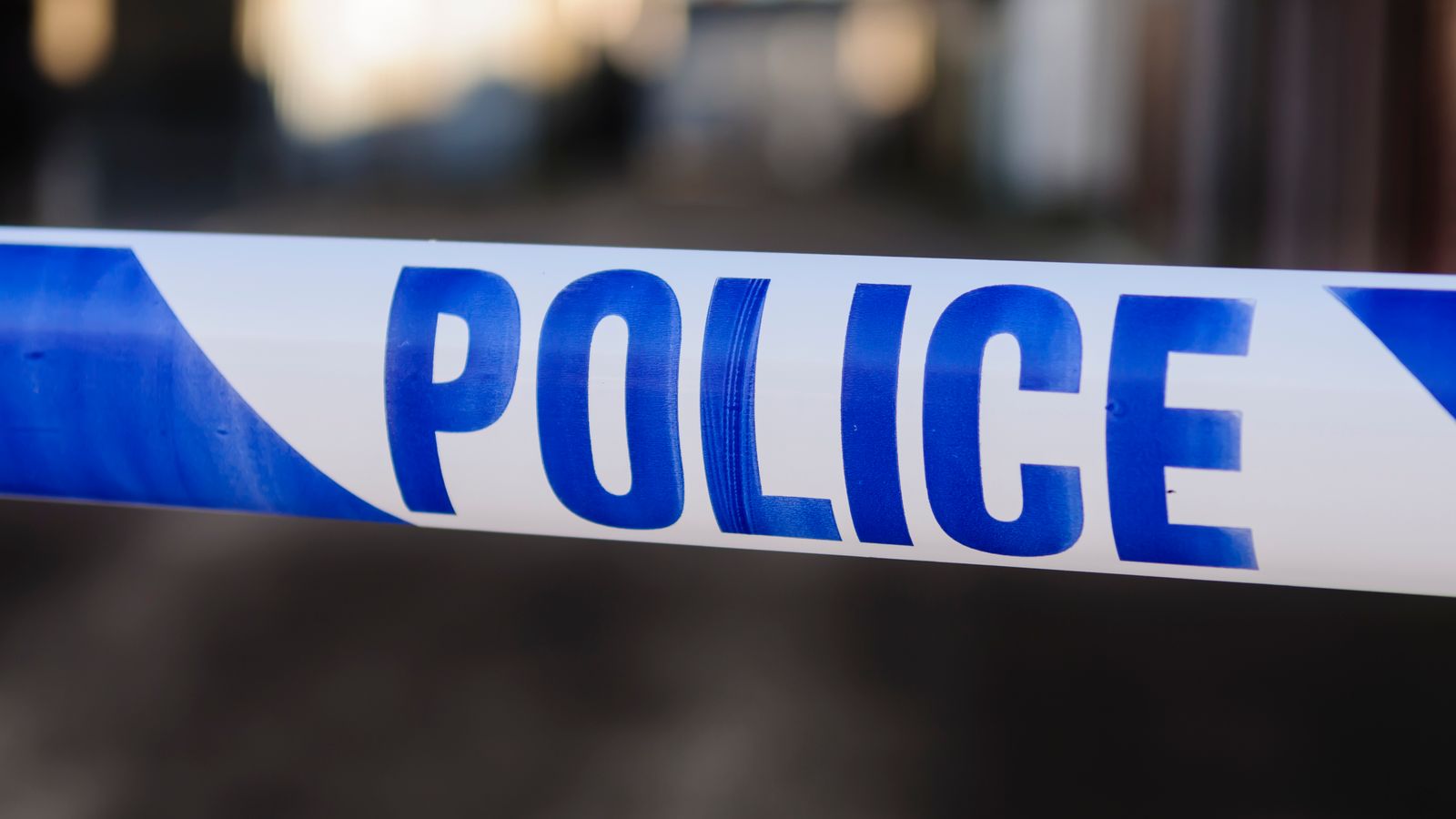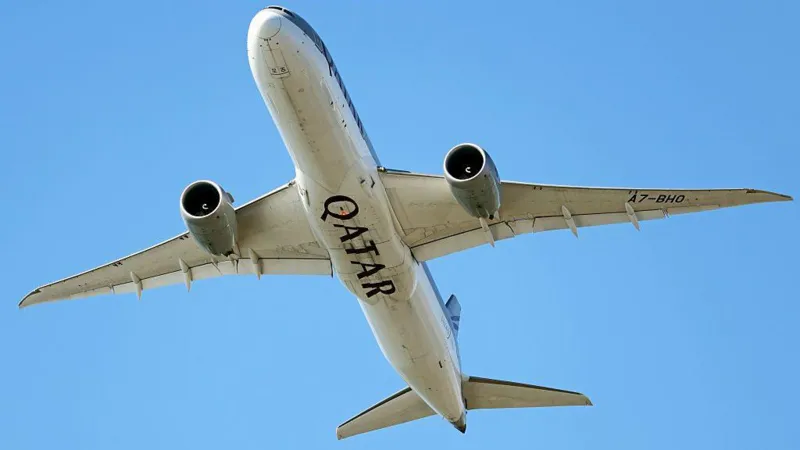How does the UK general election work?
Millions of people are expected to cast their ballots in Thursday's UK general election that will decide who runs the country.

The poll is voters' first chance since December 2019 to decide who should represent them as their local Member of Parliament, or MP, in Westminster.
Most will choose their preferred candidate in person at polling stations across England, Scotland, Wales and Northern Ireland.
Others have already done the same job using postal votes.
Here are some of the key things to know.
When is the UK general election? Who decided that?
Polling stations across the UK opened at 07:00 BST (02:00 EST), closing at 22:00.
The 4 July date was set by Prime Minister Rishi Sunak in a televised address on 22 May that marked the start of a six-week campaign.
He had to declare a vote by 17 December, according to rules that required him to do so before the fifth anniversary of the day that the previous Parliament first sat.
Who can vote?
Anyone on the UK electoral register who is 18 or over on polling day can vote - as long as they are a UK citizen, a qualifying citizen of a country in the Commonwealth, or a citizen of the Republic of Ireland who has an address in the UK.
And UK citizens living abroad can vote in areas where they were previously on the electoral roll.
People who cannot vote in general elections include prisoners serving a sentence in jail, and members of the UK's upper chamber, the House of Lords.
Polls open across UK as voting begins in general election
How the BBC reports polling day
What's at stake?
All 650 MP seats in the lower chamber, the House of Commons, are up for grabs. Each member voted into the House solely represents a single voting area, or constituency.
Under the first-past-the-post system, the candidate who wins the most votes in any given constituency becomes the MP.
They simply need to beat all the other candidates to emerge victorious; they do not need to get the majority of all the votes cast in their area.
Losing candidates get nothing.
What is at stake for the parties? A chance to lead the country as the next government.
What happens after results are announced?
Results from across the UK will arrive overnight and into Friday morning.
After the votes have been counted, the King asks the leader of the party with the most MPs to form a government.
If no party ends up with a majority of at least 326 seats - meaning it faces being unable to pass new laws without the help of others - the result is known as a hung parliament.
At this point, the largest party might decide to form a coalition government with another party or operate as a minority government, relying on votes from other parties to pass any laws.
How is the prime minister chosen?
The leader of the party with the most MPs becomes prime minister - an action that is also confirmed by an official conversation with the King.
That person leads the UK government and takes responsibility for deciding its direction and priorities, as well as other tasks like representing the country abroad.
Meanwhile, the leader of the party with the second highest number of MPs becomes the leader of the opposition.
Sitting opposite government MPs in the House of Commons, they lead their MPs in challenging or scrutinising decisions made by the governing party.
How does the BBC report on the vote?
Like other UK broadcasters, the BBC is not allowed to report details of campaigns or election issues while polls are open on the day of the general election.
During that time, it is in fact a criminal offence to publish information about how people say they have voted in the election.
That is why coverage until the close of polls is restricted to uncontroversial factual accounts, such as the appearance of politicians at polling stations, or the weather.
However, online sites do not have to remove archived reports. And the lists of candidates and their pledges stay available online.
-bbc







